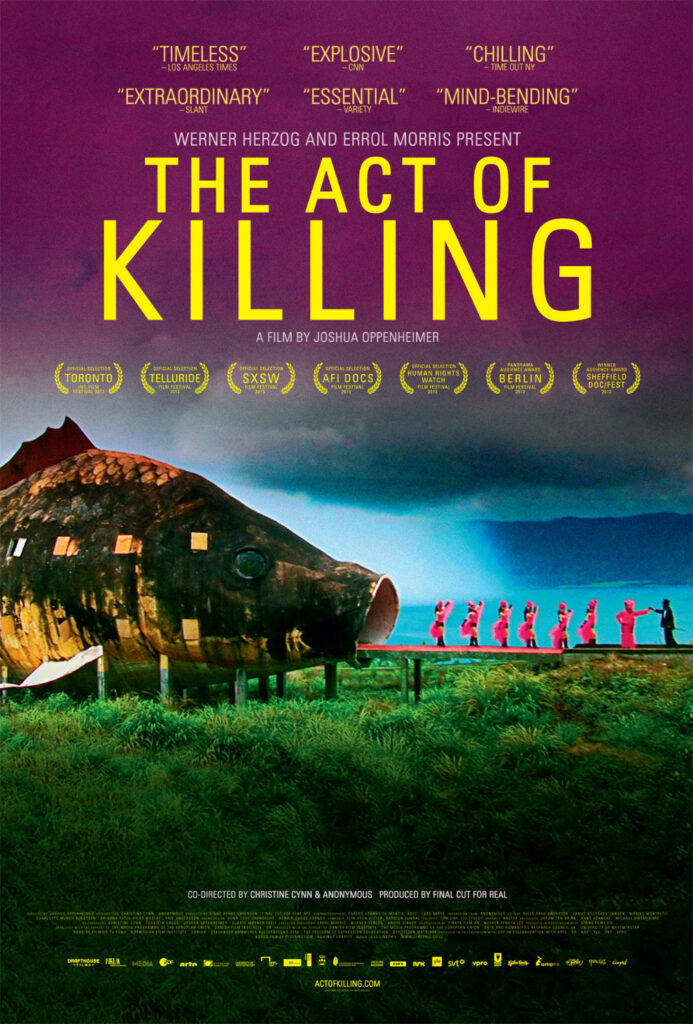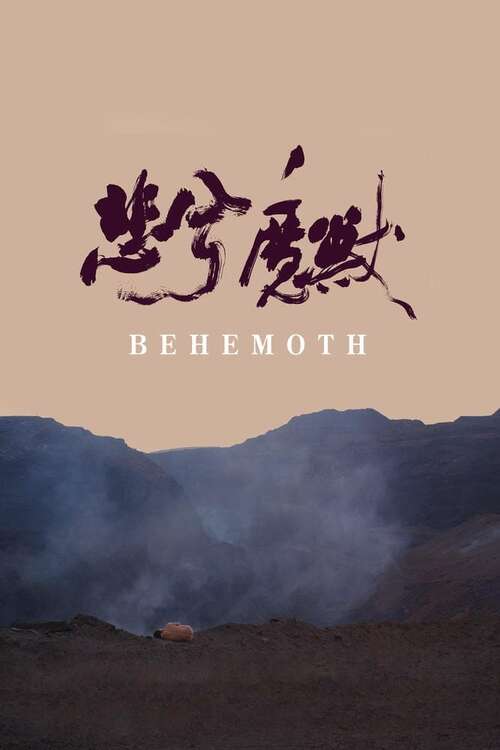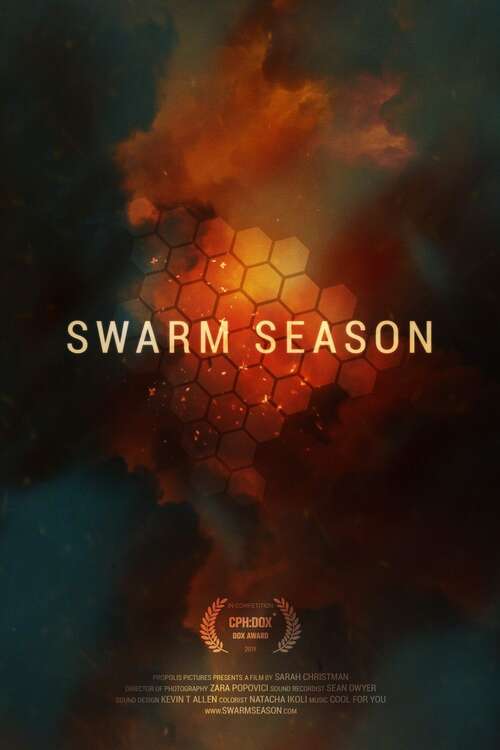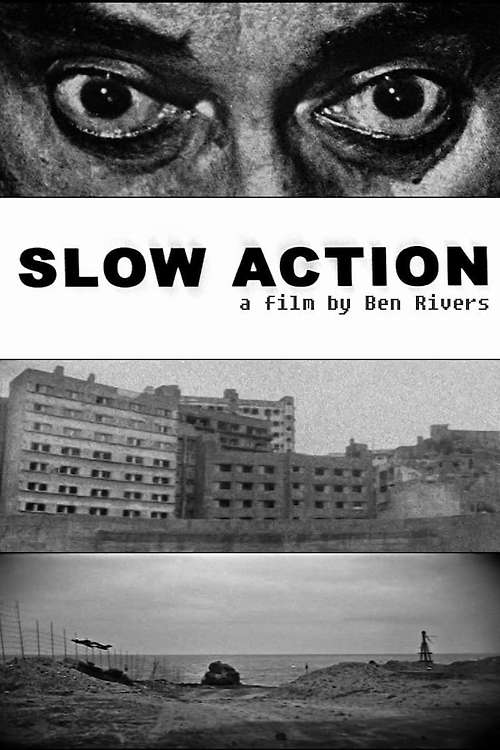Spring semester sophomore year, I took two classes that focused on slow, meditative documentary cinema, aiming to use the medium of film to understand humanity’s relationship to itself & the natural world. One was Film and Anthropology, which approached the medium from an anthropological perspective – how is documentary cinema anthropology? Some of the best movies I’ve ever seen, including Joshua Oppenheimer’s The Act of Killing or Zhao Liang’s Behemoth were shown to me in this class. I recommend that anyone with the time and patience check these out; truly, they are all transformative if you give them the focus they deserve.






Equally as influential were the readings, including Alphonso Lingus’ The Effects of the Pictures, Film as Archive by Marie-Aude Fouèrè, Edouard Glissant’s For Opacity, Gayatri Chakravorty Spivak’s Can the Subaltern Speak? or Scott Macdonald’s The Ecocinema Experience. These readings poked holes in how I understood film as a medium, pointing to it’s transformative capability, sociological and historical importance, and at points even forced me to consider whether it was an ethical medium at all.
My final essay for Dr. Gan’s Class was a simple 5-page essay that built on readings + films from both classes to discuss ecocinema as a topic — what is it? How is it related to our history? How do other methods of documenting history engender dangerous methods of understanding the environment?
For Film and Anthropology, I made a short, 8m movie titled “Nature/Capture” that aims to engage with how social media + the world in general portray the lives of animals, specifically animals which interact with human infrastructures. The relationship between animals and our human infrastructures has long been an interest of mine — I feel the way that they act within them challenges the totalizing character we often give to those infrastructures — this movie is an attempt to engage with that.
Leave a Reply